Top 10 SAP ERP Use Cases
4.9 out of 5 based on 15523 votesLast updated on 11th Aug 2025 30.3K Views
- Bookmark

SAP ERP remains a trusted solution for global operations, supporting compliance, growth, and efficiency across diverse industries.

Introduction
Leading enterprise resource planning program is SAP ERP. It lets companies control activities on one platform. Finance, sales, manufacturing, and human resources are supported by the system. It lowers mistakes and increases efficiency. Aspiring professionals can join the SAP Course in Noida to learn using SAP ERP effectively. Companies of all sizes implement SAP ERP. It offers real-time information for better choices. Many sectors use it to simplify operations and enable expansion.
All About SAP ERP
Enterprise resource planning software is SAP ERP. Organizations find help in controlling their business activities. It offers various SAP modules for human resources, sales, manufacturing, and finance. Companies use SAP ERP to simplify operations. It lowers labour and raises productivity. Data in SAP ERP is saved in a central repository. Real time access to information is permitted. Performance may be monitored, and wiser decisions made by managers. The program works for a variety of sectors. Manufacturing, retail, and service industries can all be managed by it. SAP ERP employs a modular methodology. Every module handles a different business function, making SAP Use Case varied. It assists with cost control and resource planning. The system can be modified to meet the needs of every business; it is currency versatile and enables worldwide operations. SAP ERP offers reports and analysis that improves inter-departmental cooperation. Many major companies depend on it. SAP keeps on updating the programming. It is still among the best ERP options available globally.
Top 10 SAP ERP Use Cases
Here are the top ten use SAP ERP Use Cases:
-
Financial Management
Financial accounting and controlling are both supported by SAP ERP. It assists businesses in statements and transaction recording. Companies use it to monitor expenses and control budgets. It helps with tax law compliance.
-
Supply Chain Planning
SAP ERP controls supply chain activities. It monitors inventory and projects demand. Companies plan their procurement and try to avoid stockouts. It speeds up supplier cooperation and delivery schedules. Check the SAP AI Use Cases for more information on the role of SAP ERP on Supply Chain Planning.
-
Human Resource Management
SAP ERP manages payroll and employee data. It monitors both attendance and performance. It helps recruiting and training initiatives. It guarantees compliance and correct salary payments.
-
Production Planning
For production planning, manufacturers rely on SAP ERP. It plans assignments and distributes assets. It maximizes capacity and minimizes downtime. Check the courses by SAP Course in Delhi for more information.
-
Sales and Distribution
SAP ERP handles client orders and deliveries. It monitors invoices and quotations. It guarantees payment collection and orderly order fulfilment.
-
Customer Relationship Management
ERP Use Cases are valuable in Customer Relationship Management. The program keeps consumer information. It monitors preferences and interactions. Companies enhance opportunities for sales as well as connections.
-
Procurement Management
Purchase orders are automated by SAP ERP. It follows contracts and suppliers. It guarantees cost reductions and prompt deliveries.
-
Project Management
With SAP ERP, businesses coordinate and carry out initiatives. It monitors milestones as well as expenses. It enhances project control and visibility.
-
Reporting and Analytics
SAP ERP produces thorough reports. For decision making, it offers real-time data. It backs boards for management.
-
Compliance and Risk Management
Also Read These Blogs:
SAP S4 HANA Certification Cost
SAP Interview Questions and Answers
Benefits Of Using SAP ERP
Since we know the SAP AI Use Cases, let us now look at the major benefits of using SAP ERP:
- Improved Efficiency: SAP ERP streamlines corporate operations. It lowers mistakes and manual labour. Employees finish tasks more rapidly and correctly. It streamlines operations across departments.
- Better Decision Making: The software provides real time data. Anytime managers access reports and data. It aids in problem solving and trend discovery. It backs strategic planning.
- Enhanced Collaboration: SAP ERP joins several departments. Teams distribute information via one platform. It helps teamwork and communication. It cuts duplication of efforts.
- Cost Control: Businesses use SAP ERP to follow budgets and costs. It stops resource waste and overspending. It streamlines inventory control and procurement. It encourages better profitability. The Sap Training in Pune trains professionals with the industry-relevant skills.
- Scalability and Flexibility: SAP ERP changes with company expansion. It handles processes easily and helps fresh users. It can interface with several other applications. It is appropriate for both little and big companies.
- Compliance Support: SAP ERP supports companies in meeting rules and standards. Transactions are recorded as per rules. It makes audits and certifications easier. It lowers compliance risk.
- Better Customer Service: Central data storage for customers is done by SAP ERP. It helps teams get preferences and access history. It raises the standard of service and shortens response time. It raises consumer happiness.
- Global Operations Support: SAP ERP supports several languages and currencies. It backs companies with worldwide presence. It makes certain that global activities go well.
- Data Security: Strong security capabilities are offered by this mechanism. It safeguards confidential commercial data. Permissions help it to manage access.
- Competitive Advantage: Companies that employ SAP ERP operate wiser. They react to market fluctuations more swiftly. It keeps them ahead of the competition.
Other SAP Related Courses:
Who Can Use SAP ERP?
Let us now understand who all can benefit from SAP ERP, keeping in mind the important SAP Use Case:
- Large Enterprises: Management of complicated activities by big organizations depends on SAP ERP. They manage both branches around the world and many divisions. SAP ERP combines all of the activities into one platform. It gives them control and efficiency.
- Medium Sized Businesses: Middle-sized companies grow and expand using SAP ERP. Tools are required for their finance, sales, and inventory management. Scalable capabilities help SAP ERP's support. It allows them to fight against bigger players.
- Small Businesses: Small businesses also have ample ERP Use Cases. They select modules suited their demands. It enables them handle fundamental finances, sales, and human resources. It provides them with a solid foundation for development.
- Manufacturing Firms: Manufacturers use SAP ERP for production planning and supply chain. It follows completed products and raw materials. It speeds delivery times and tightens production schedules.
- Service Providers: SAP ERP is utilized by consultancies, banks, and information technology companies. They handle employee pay, client records, and projects. It assists in client billing and resource planning.
- Retailers: Tracking sales and inventory with SAP ERP helps retailers. Training from the SAP Training in India helps professionals oversee consumer and procurement data. It enhances customer service and stock management.
- Government Organizations: Public financing and management relies on SAP ERP for governments. It monitors resources and costs. It increases openness and responsibility.
- Educational Institutions: Universities use SAP ERP to handle funds, staff, and students. It helps admissions, payroll, and resource allocation.
- Healthcare Providers: Hospitals employ SAP ERP to control inventories, employees, and patients. It helps compliance and billing.
- Non-profit Organizations: Fund management and reporting by charities depends on SAP ERP. It records spending and contributions. It guarantees the correct use of resources.
Conclusion
Companies of all sizes can greatly benefit from SAP ERP. The SAP Certification is a valuable credential ensuring the best career opportunities for aspiring professionals. Process integration improves efficiency. Finance, sales, HR, and production all profit from it. Thus, SAP ERP Use Cases are spread across various sectors. Real time data enables companies to make more informed decisions. Many sectors depend on it for compliance and development. Still a reliable answer for worldwide operations is SAP ERP.
Subscribe For Free Demo
Free Demo for Corporate & Online Trainings.
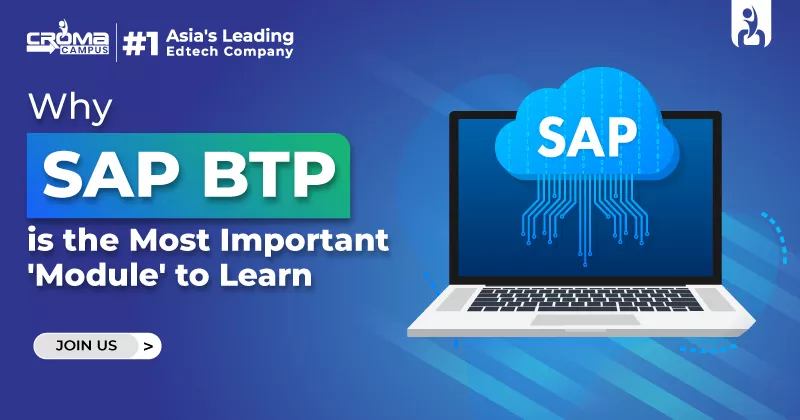
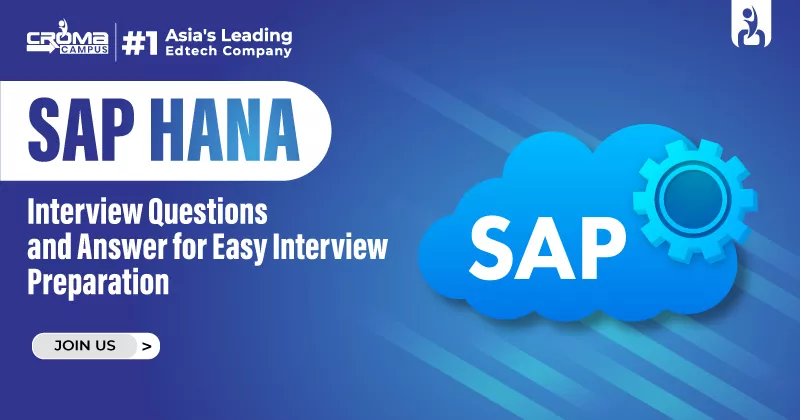
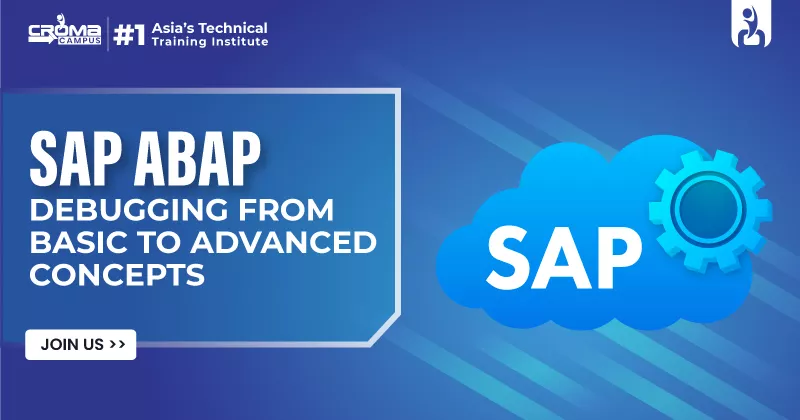
.webp)



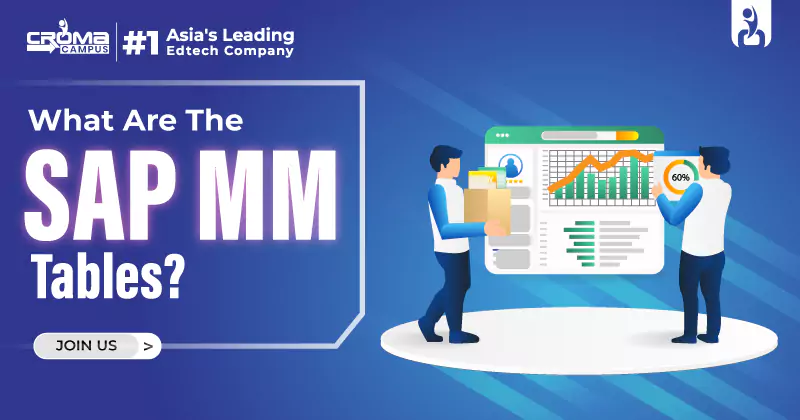
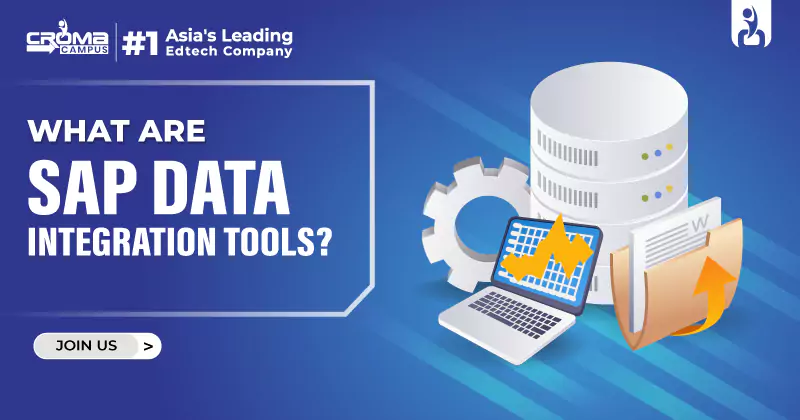
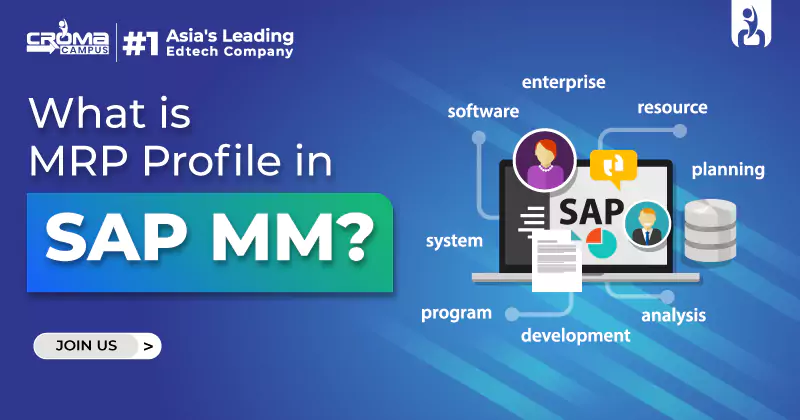
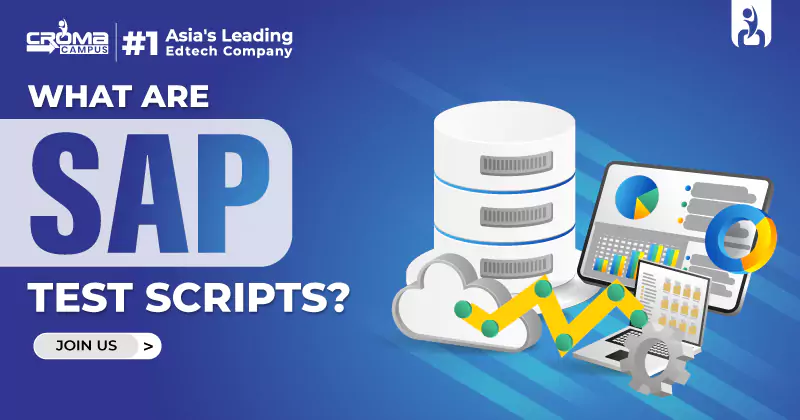
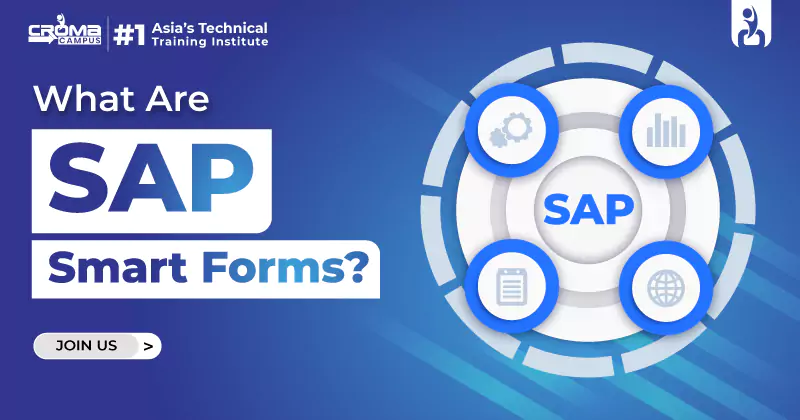













.webp)
.webp)

.png)















